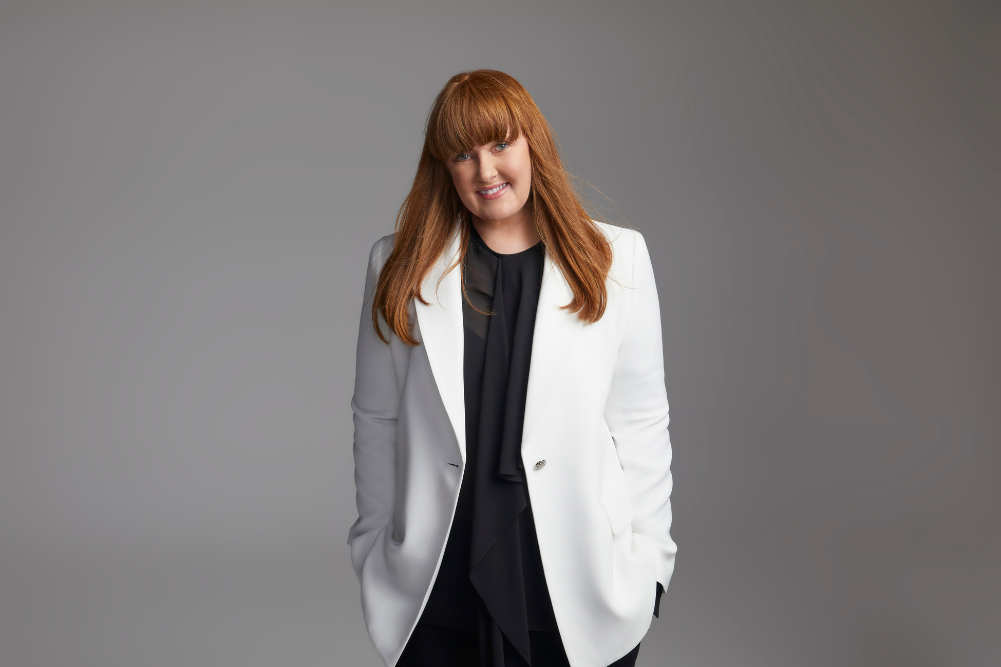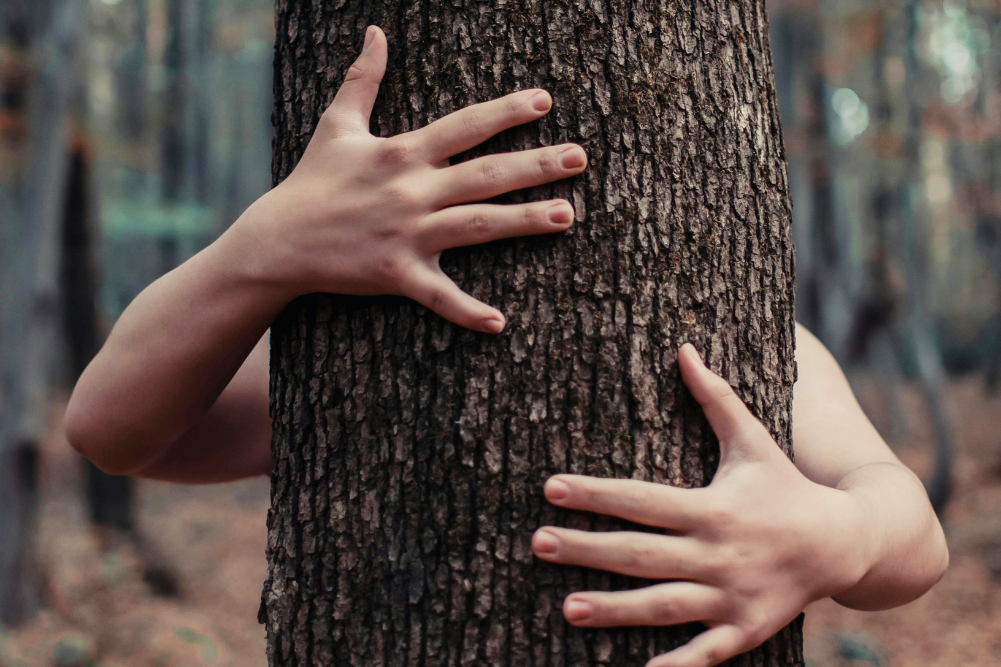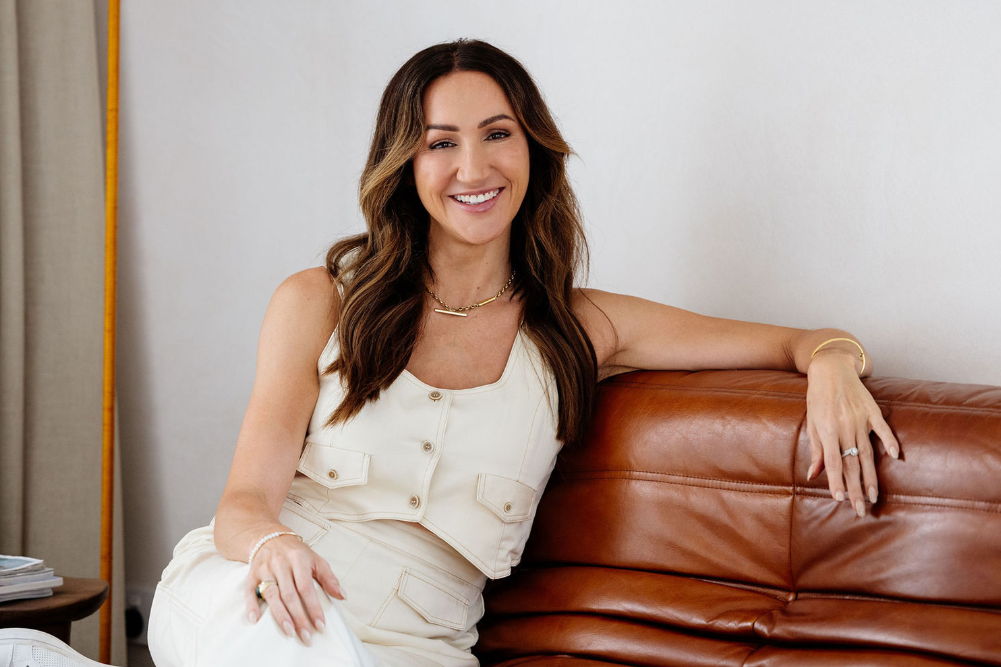How Outland Denim is creating change and championing social justice all over the world
James Bartle, the founding CEO at Outland Denim, shares how his jeans are creating change, social justice and empowerment all over the world.
How did Outland Denim first come into conception?
In 2008 I went to the cinema with my wife to see the film Taken, a fictional film inspired by the very real $150 billion illicit trade of human beings. It was my first introduction to the world of human trafficking.
I later had the opportunity to travel to Asia with an anti-trafficking group and saw first-hand what it was like on the ground and how human traffickers prey on vulnerable young girls. I learned that once a girl has been rescued and integrated into her family or community, a sustainable career path is vital for securing her future.
It was from here that the foundations of Outland Denim were placed as an avenue for training, employment and career progression for women who have experienced, or are at risk of experiencing, sex trafficking.
We first welcomed a small group of five aspiring seamstresses who had been recommended to us by a non-government organisation with front-line operations in Cambodia. These women needed work in a safe space owing to their experiences of exploitation.
So with these small, humble beginnings began the steep learning curve that is picking up a highly specialised craft from scratch, from experiments in pattern-making, sourcing raw materials and stone washing in a cement mixer, to setting up a manufacturing process that began with pedal-press sewing machines and hot-coal irons in remote Cambodian villages.
Today we have opened our doors, welcoming over 100 staff members from varying backgrounds of vulnerability. We know each of them by name and with them we have been able to create a product of a premium standard, worn and loved by people the world over.
Can you please share the story behind your name, Outland Denim?
The name “Outland” speaks to our appreciation of and our origins here in rural Queensland, a setting known for its beauty and off-the-beaten-track lifestyle, and our tendency to draw on the heritage of denim in designing our range.
What are the values of Outland Denim?
From design through to delivery of our denims, we try to instil a culture with emphasis on five key traits: honesty, excellence, integrity, honour and generosity.
How do your jeans make a difference in the world?
Outland Denim began as a means for victims of sexual exploitation to engage in safe, dignified employment as they rebuilt their lives. We have since widened our doors to accept employees from varying backgrounds of vulnerability, from those with disabilities to those who have experienced harsh conditions in larger garment factories and desired a safe haven in which to earn a good income. Our employment program delivers living wages, cross-training and upskilling across all our machinery.
Additionally, we take a holistic approach to our staff development, offering further education in self-defence, financial management, English and infant care when appropriate to the cultural setting. We work in-country with verified NGOs, government agencies and other localised stakeholders to deliver the best opportunities for people to invest in their own flourishing. Our model has proven to create genuine generational change, lifting young women and their families out of poverty, bondage and debt. There are some incredible stories of personal empowerment through employment with Outland Denim.
Beyond our in-house sewing and finishing facilities, we have a strict ethical trading policy and a dedicated social and environmental impact manager whose sole focus is to ensure we adhere to world-leading standards in stewardship of natural resources and the treatment of animals and human beings.
How do you define sustainable fashion?
Sustainable fashion is produced with the utmost respect for people and the planet in a way that makes sense today, tomorrow and for future generations. Without sustainability, what hope do we have to offer our sons and daughters for the future?
Is it possible to produce clothes that are environmentally neutral, that is, with no environmental impact? If so, what would be involved?
There would be a lot of obstacles to overcome to create an environmentally neutral fashion industry, but with the innovation and enthusiasm we are currently seeing in the industry, I have hope that it’s possible. We, as an industry, would need to invest in rejuvenation and nourishment of the sources of our raw materials. We would also need to shift the culture of consumption, encouraging consumers to buy less and choose well, and establishing initiatives such as clothing leasing as a norm. Finally, as almost no supplier or production facility is used exclusively by only one label, the whole industry would need to be on board and work together to make environmentally neutral fashion a reality.
What is holding Australia back from being completely sustainable when it comes to fashion, do you think?
In a global economy it is near impossible to talk about an individual country’s limitations when it comes to sustainable fashion. Moving forward, I would be excited to see more designers leading the charge for sustainability as they are ultimately responsible for selecting raw materials. Sustainability starts with thoughtful design.
Where do you think the future of fashion is heading in terms of sustainability?
It’s a really exciting time for the fashion industry in terms of environmental sustainability. There is a culture of innovation and collaboration, and we can see a day when our collective successes in sustainability as an industry are not a point of difference but the norm. However, there is still a lot of work to be done to protect the rights of the people making clothes; in ensuring they experience a respectful, safe, fulfilling workplace in which they are paid fairly. Especially garment workers who are migrants or subcontractors of a label’s primary production facility — these workers are even more vulnerable to exploitation.
Where do you source your materials?
Our design and impact teams work collaboratively to source the finest, most sustainable raw materials from suppliers who share in our mission and excel in social and environmental responsibility. Our raw materials originate in Turkey, Vietnam, Australia, Cambodia and China.
Bossa, based in Turkey, is the supplier of our denim. Bossa’s passion and commitment to offering sustainably made denim was evident from our first visit to their facilities. Traditionally, denim has been one of the garment industry’s dirtiest sectors.
However, Bossa Denim has been actively involved in environmental and ethical issues since its inception in 1951, implementing a wide range of projects to further cement its place in the sustainable and ethical fashion industry, such as waste recovery systems, utilisation of natural and safe dyes and carbon dioxide reduction studies.
What is your favourite part of the entire creation process?
I’m very concept-driven and also very hands-on, so it would be initialising ideas and then finding the right people to fund them and build them as a team. Leading a strong, creative team driven by purpose for the greater good is extremely rewarding.
What’s next for Outland Denim?
Our sights are set on investing in the future of fashion sustainability, both environmentally and socially. In-house, and in partnership with universities and governments around the world, our research begins in the areas of water purification, carbon footprint reduction and zero-waste production, and extends to the intricate tracking of social and environmental impact with the use of big data. Our vision is to take the Outland Denim business model and use it to create true, measurable, generational social change in the lives of vulnerable communities around the world.
For more, visit outlanddenim.com.au








